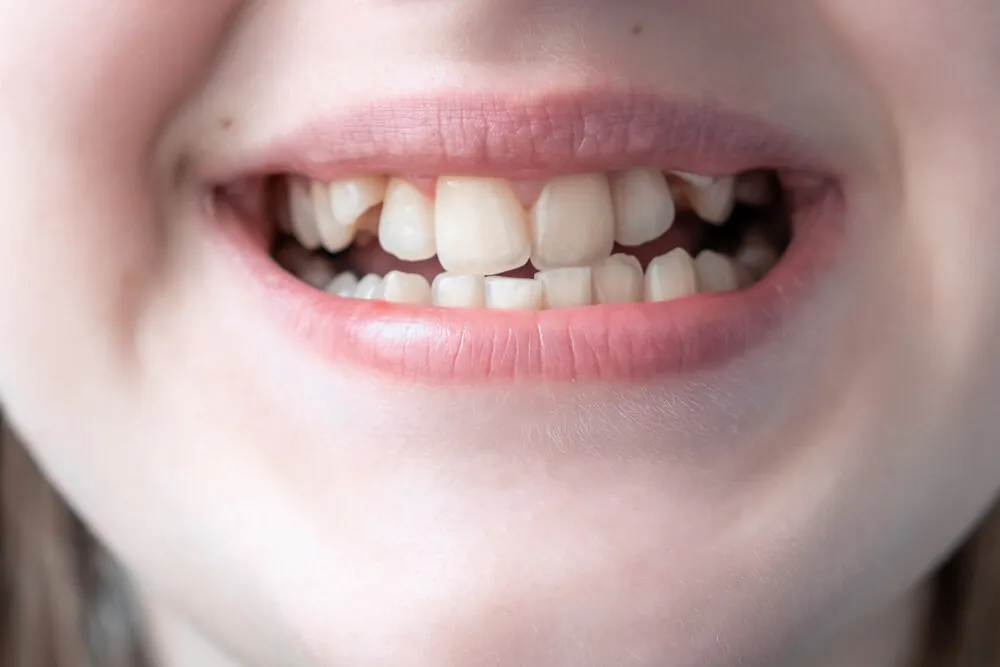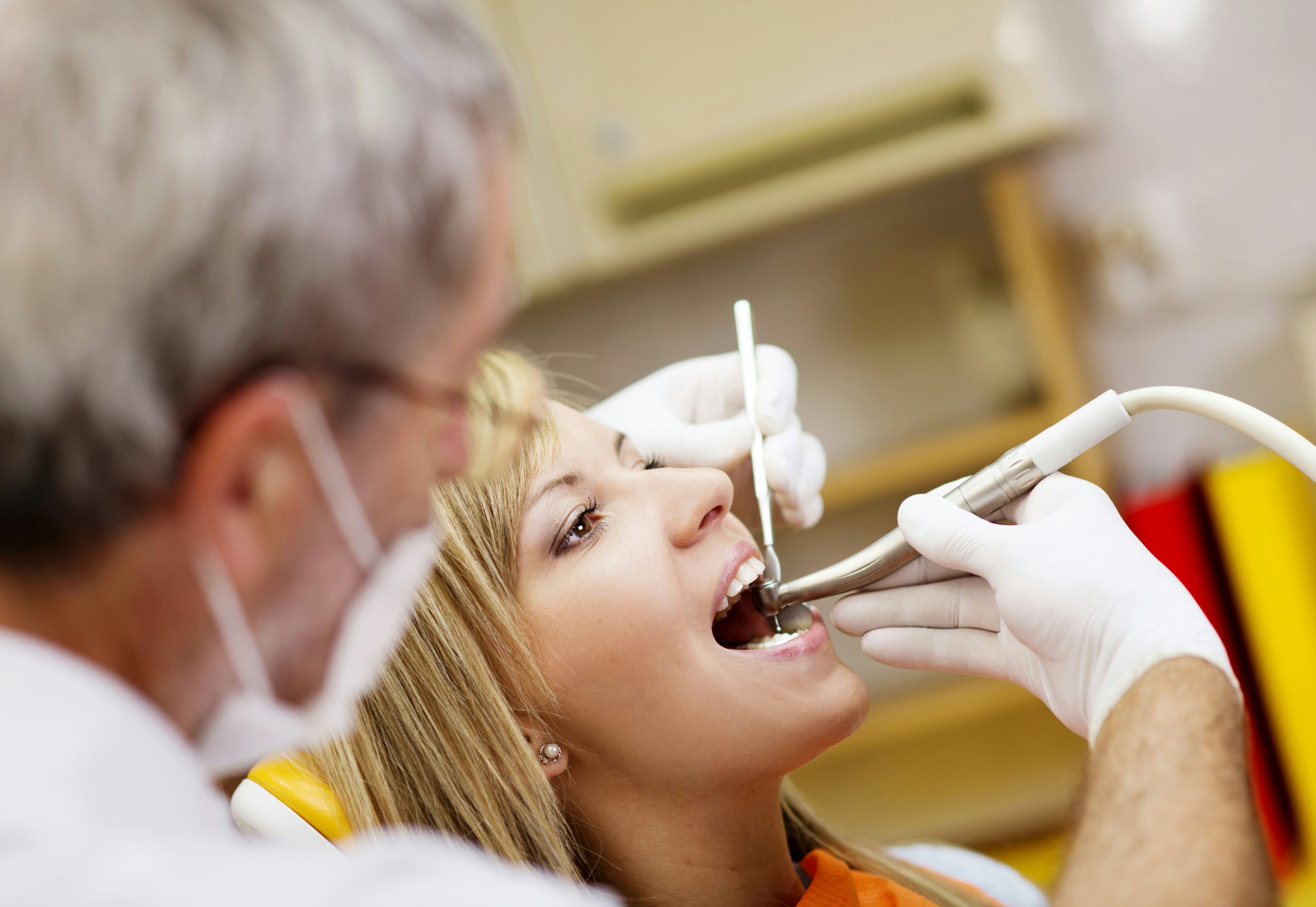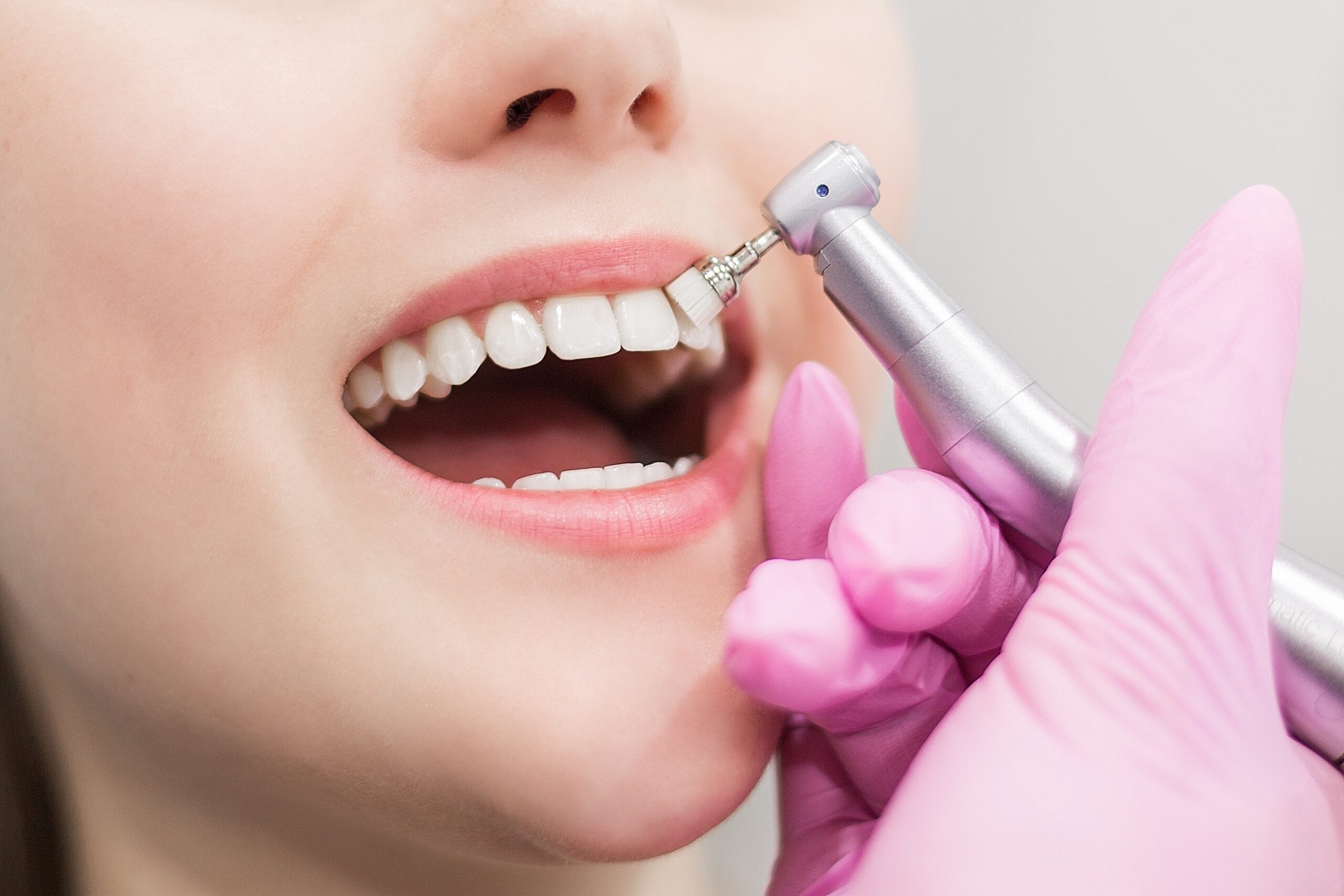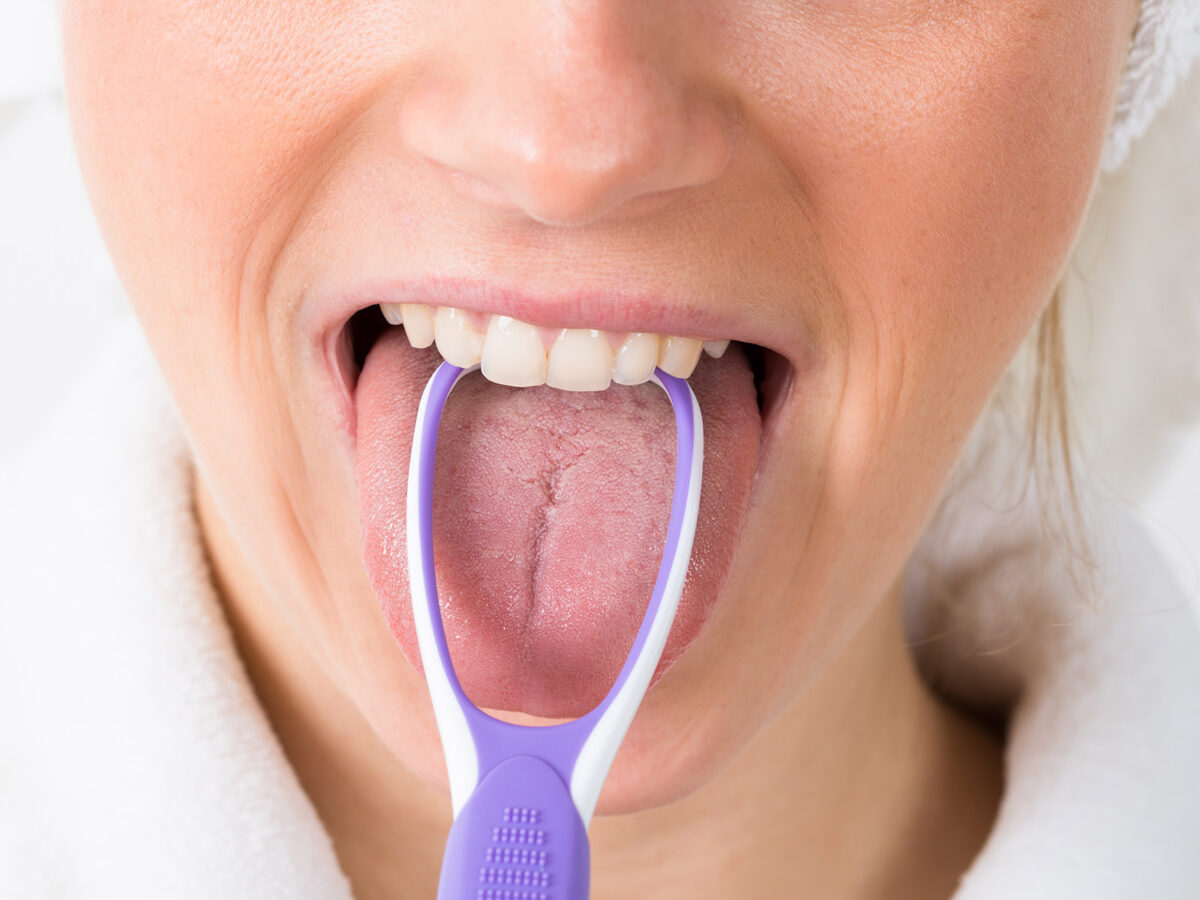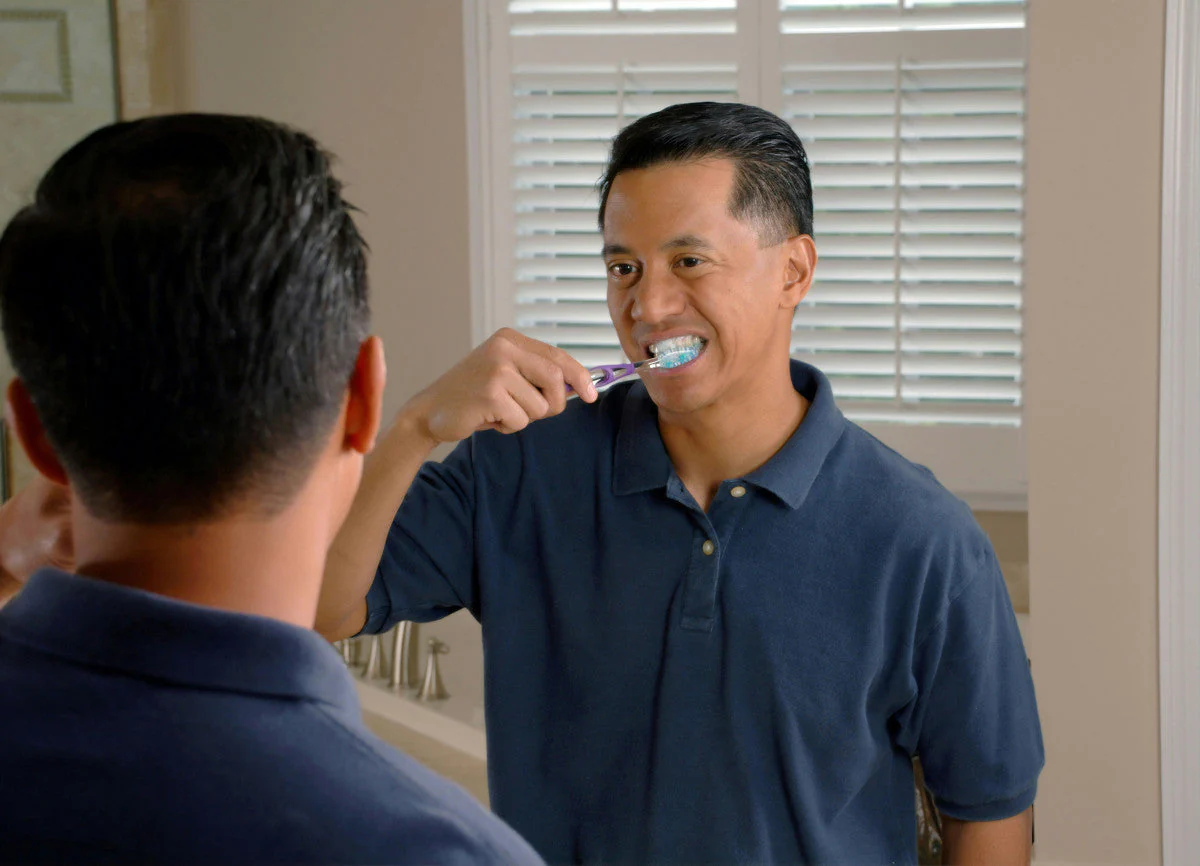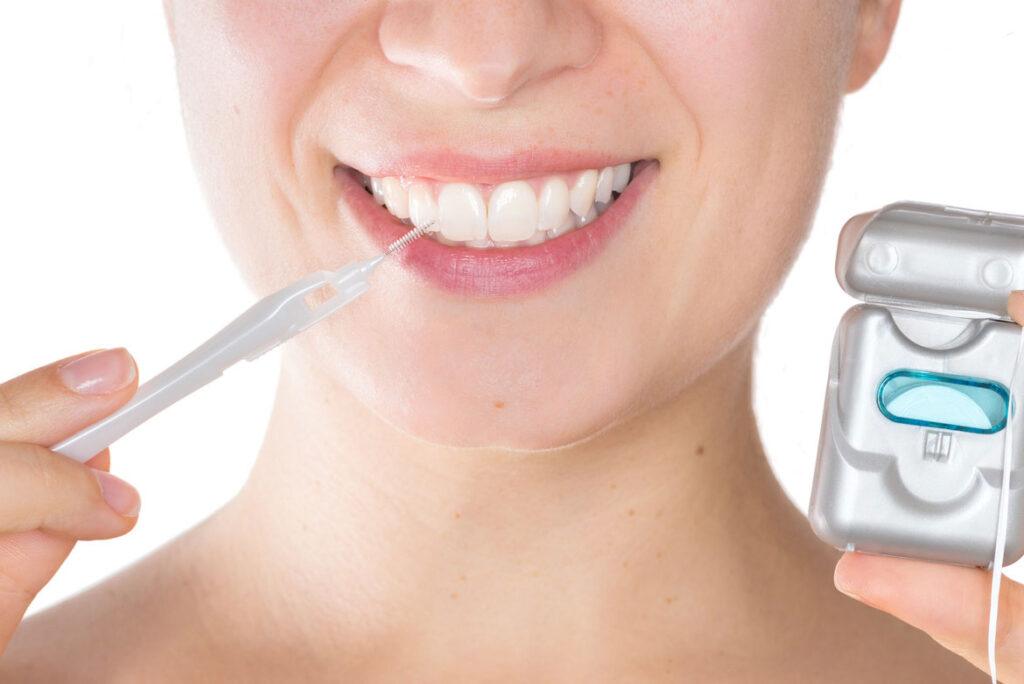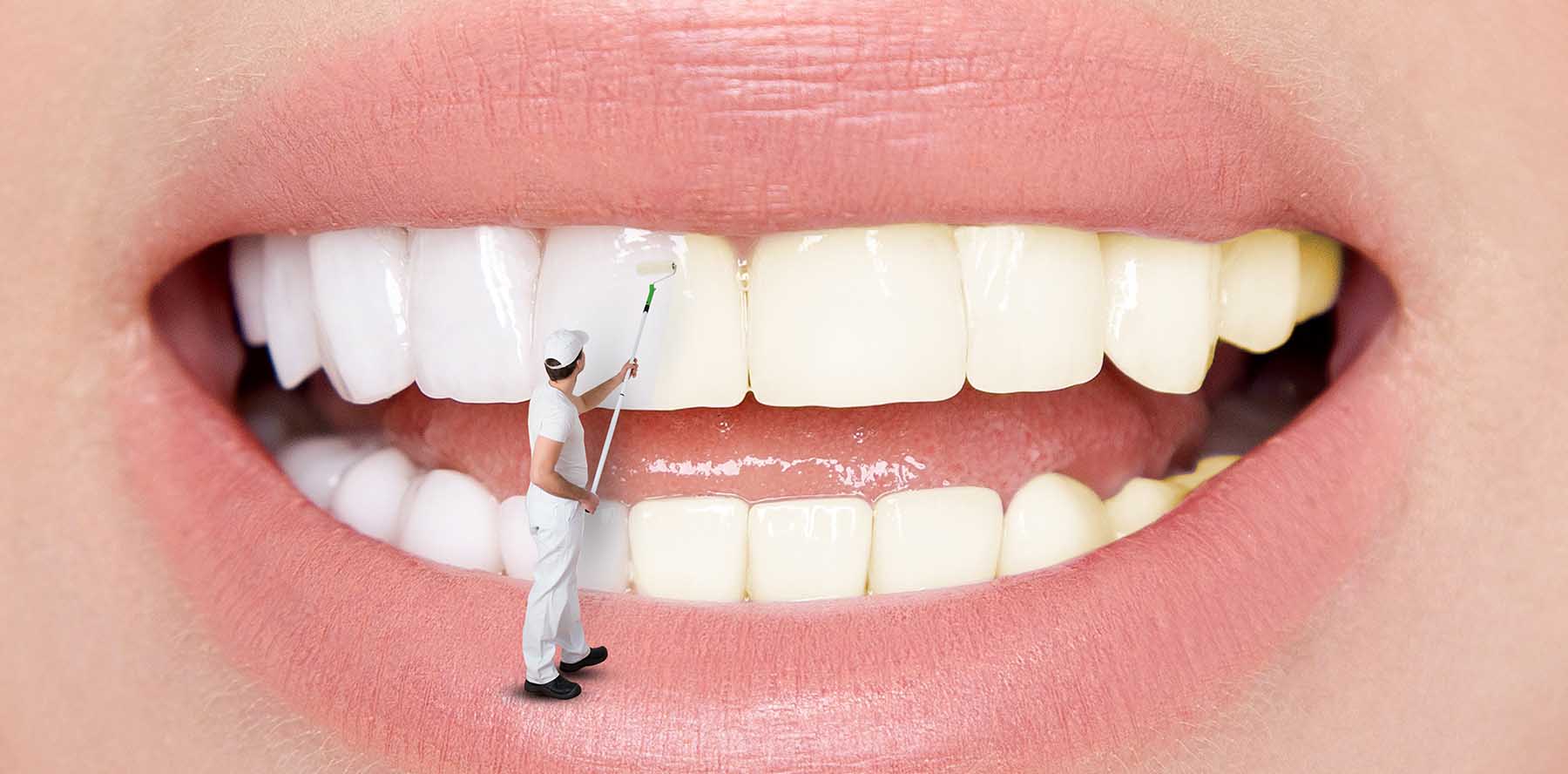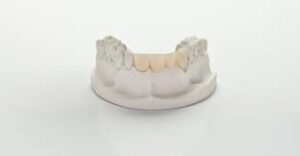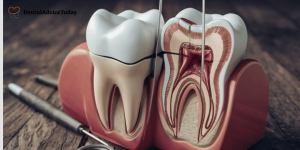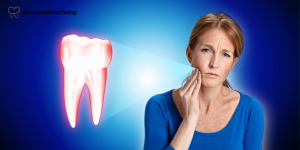Do you think that your child has a problem with biting or chewing? Do you notice their teeth growing so crooked or cross biting one another? These early signs should be taken into consideration. You need to strike fast in order to ensure that your child does not face any future dental problems.
It is possible to notice the speech, feeding, and smiling of your child to monitor some abnormal patterns. You must also see whether their jaw is discomforted or clicks when they are chewing. These minor problems are an indication that your child is in need of braces. Being attentive today will save time, money and pain tomorrow.
What are the 9 Clear Signs Your Child Might Need Braces?
You ought to be concerned in case your child has any signs of misalignment of teeth. Braces will enable your child to have a healthier bite and boost his or her confidence. When you realize that you have problems with chewing, speaking, or crowded teeth, then it is time to visit an orthodontist. Problems that are harder to deal with can be prevented by being noticed at a tender age.
You may also coach your child to be good in terms of oral habits when waiting to be treated. It is better to tackle these issues at the initial stage because it simplifies and shortens the process. You need a beautiful and comfortable smile for your child, and braces can give it to you.
1. Crowded Teeth Affecting Normal Bite
The parent should observe whether the teeth of his or her child are overlapping or too close. Overcrowded teeth may also cause difficulty in the proper chewing of food by your child. You might find that you may have bitten your cheek or lips when eating by accident. Braces might be helpful to make some space as well as to place the teeth in the right form, which enhances the work of the teeth and their appearance.
Overcrowded teeth also put the patient at risk of cavities since they cannot brush their teeth. You need to do it early to direct teeth in proper positions before permanent teeth are established. Early intervention will mean that your child will not have any trouble chewing, speaking, and smiling every day.
2. Frequent Mouth Breathing During The Day
You are to notice whether your child tends to breathe through his mouth rather than through his nose. Mouth breathing may influence the alignment of the jaw and teeth over a long period. You can also observe dry lips, bad breath, or sleeping problems in your child. Braces and advice of a professional can help the position of the jaw to be corrected in order to help the person breathe as well.
Early treatment prevents any dental complications in the long run due to poor posture of the mouth. You ought to teach your child to breathe through the nose as often as possible. Proper correction of the habit enhances excellent oral health and makes the teeth grow in the correct position automatically.
3. Difficulty Chewing Food Properly
You must be attentive in case your child is not able to chew some foods. Children with the problem of difficulty in chewing may have misaligned teeth or bite issues which can be corrected by having braces. Your child might not take crunchy or tough food since it is not pleasant to swallow. The use of braces can correct the positions of teeth such that your child can bite properly and chew without any pain.
You are to keep track of eating patterns and turn to an orthodontist in case you observe chronic problems. The correction of the bite enhances digestion and avoids jaw strain. With the teeth in their right places, your child will like foods more and will have stronger chewing muscles.
4. Persistent Thumb Sucking or Pacifier Use
You must observe whether your child still sucks a thumb or uses a pacifier after early childhood. These habits have the ability to push teeth out of position, as far as bite and jaw development are concerned. These habits may result in gaps between teeth or misaligned front teeth. Braces are able to fix the problems brought by the excessive sucking and bring them back to the normal position.
You are supposed to help your child quit these habits over time using positive reinforcement. Early interception is less complicated and involves fewer orthodontic procedures. You can be sure that in time your child will have a healthy bite and a confident smile because he or she will be guided properly.
5. Misaligned Jaw Causing Facial Imbalance
You need to note whether the jaw of your child seems lopsided or put aside. Being unable to align the jaw may result in an imbalance in the face and even pain during eating or speaking. The use of braces and orthodontic treatment can help in making the jaw grow in an even manner and align the teeth properly.
You can find your child chewing on one side and having a tightening in the jaw or prefers one side. An orthodontist should be consulted in case of early intervention to avoid future issues. And fixing the jaw position would look better on your child and make their mouth work better. Treatment in proper ways will help so that you can be sure that your child can bite, chew and smile with ease.
6. Early or Late Tooth Loss
You need to observe whether your child loses teeth before or after the age. The loss of teeth early or late may influence the growth and development of the permanent teeth arrangement in the mouth. You can observe either gaps developing or crowding because of an uneven eruption of the teeth. Once permanent teeth come up braces can be used to steer their alignment into the right direction.
You must be able to monitor the dental development of your child and seek the services of an orthodontist in case of delays. Misalignment problems can be avoided because they are treated in time, before they become severe. To help your child grow with a healthy toothy bite, I would make sure that proper care is taken to allow the teeth to grow naturally.
7. Speech Problems Related to Teeth
You are to be attentive in case your child has some difficulties with pronunciation. The misalignment of teeth or elements of bites can be a source of speech problems due to their influence on the positioning of the tongue. You might also have noticed lisping, trouble in the pronunciation of letters or words that are difficult to pronounce. Braces may be used to form teeth into a proper position, which promotes the articulation of speech and pronunciation.
A dentist or speech therapist should be used with orthodontic care when necessary. This is because early correction of the dental position will make sure that your child will be able to speak loudly and with ease. Appropriate treatment also helps to avoid social or emotional problems, which might be caused by speech problems.
8. Noticeable Gaps Between Front Teeth
You are to notice whether or not you can see gaps between the front teeth of the child. Dental impairments may cause difficulties in biting some foods and affect self-esteem. You can see that your child is covering his or her mouth when smiling or avoiding taking pictures. The gaps can be closed by braces and enhance the functionality and the look.
Space problems should be resolved in the early stages to avoid overcrowding or misalignment of space in the future. Elasticity of the gaps is also essential to correcting them and aiding teeth to remain stable over time. When spacing problems are treated within a short period, your child will have a more balanced smile and better oral health.
9. Upper Teeth Overlapping Lower Ones
You ought to observe when the teeth of the upper portion of the child strongly overlap those of the lower portion. This overbite may make biting and chewing hard and may sometimes give pain to the jaw. You can observe your child with difficulty in closing his mouth completely or with the wear of teeth. The braces will be able to correct the bite bringing the upper and lower teeth into proper position.
Orthodontists should be consulted early to prevent complications that can be suffered in the long term such as damage. Treatment of overbite enhances the effectiveness of chewing, speech and appearance of the face. A well aligned bite will make your child feel more relaxed and secure.
10. Jaw Pain While Chewing
You need to notice whether your child reports having pain in the jaw when eating. Chewing discomfort is a frequent indication of a misalignment of the bite or the occurrence of orthodontic disorders. You can also see your child refusing some food or scratching his or her jaw.
The alignment can be corrected with the help of braces, which causes less pain and makes chewing easier. These signs should not be ignored by you since they can cause you trouble in the form of chronic jaw problems in the future.
Early intervention will make your child feel good and their teeth and jaw will grow at the correct location. Proper therapy allows your child to eat easily, talk clearly and smile without any pain.
Conclusion
It is advisable to be very keen on the dental health of your child in order to avoid complications in the future. Braces may enhance the alignment, bite and general confidence in everyday life. You can do it early so as to make the treatment easy and quick. Timely intervention can help your child to stop experiencing discomfort, chewing difficulties and speech problems.
An orthodontist should be consulted in case of crowded teeth, gaps and problems with their jaw. Early correction of dental issues will assist your child to have a natural healthy smile. It is also possible to promote good oral habits at home that can contribute to the long-term outcomes.
Frequently Asked Questions
When should I visit an orthodontist for a medical checkup of my child?
You should book an appointment with an orthodontist for your child when he is 7 years old. A timely check-up assists in identifying bite or alignment problems. It is possible to avoid severe issues and treat them before permanent teeth are completely formed. This will guarantee easier correction and improved long term outcomes for the smile of your child.
Are crowds of teeth fully removable with braces?
Braces really help in correcting a crowded tooth. An orthodontist should be consulted to plan the most appropriate one. Your child might require the creation of space and adjustment of alignment. This treatment can be used to ensure that the teeth fit naturally, are able to chew better and the smile of your child overall improves.
May my child suffer because of braces?
You are supposed to know that some of this discomfort is normal following brace adjustments. A child might experience discomfort for several days as teeth move. Orthodontic wax or soft food can also be used to relieve pain. Constant observation is used to ensure that the treatment remains comfortable and productive during the process.
What is the duration of time my child needs to wear braces?
You have to know that the duration of treatment is dependent on the case. Braces can be placed in your child between 12 and 36 months depending on the severity. You will be able to adhere to the schedule of checkups with the help of the orthodontist. Care and patience will make the teeth straight so that the results are long term and the smile is confident.
Are braces beneficial in speech difficulties?
Yes, braces have the power to fix the speech problems that are brought about by misaligned teeth. Orthodontics should be used with speech practice when necessary. The child will be in a better position to pronounce words properly as the teeth and bite fit. This correction helps in the belief in communication and day-to-day activities.
